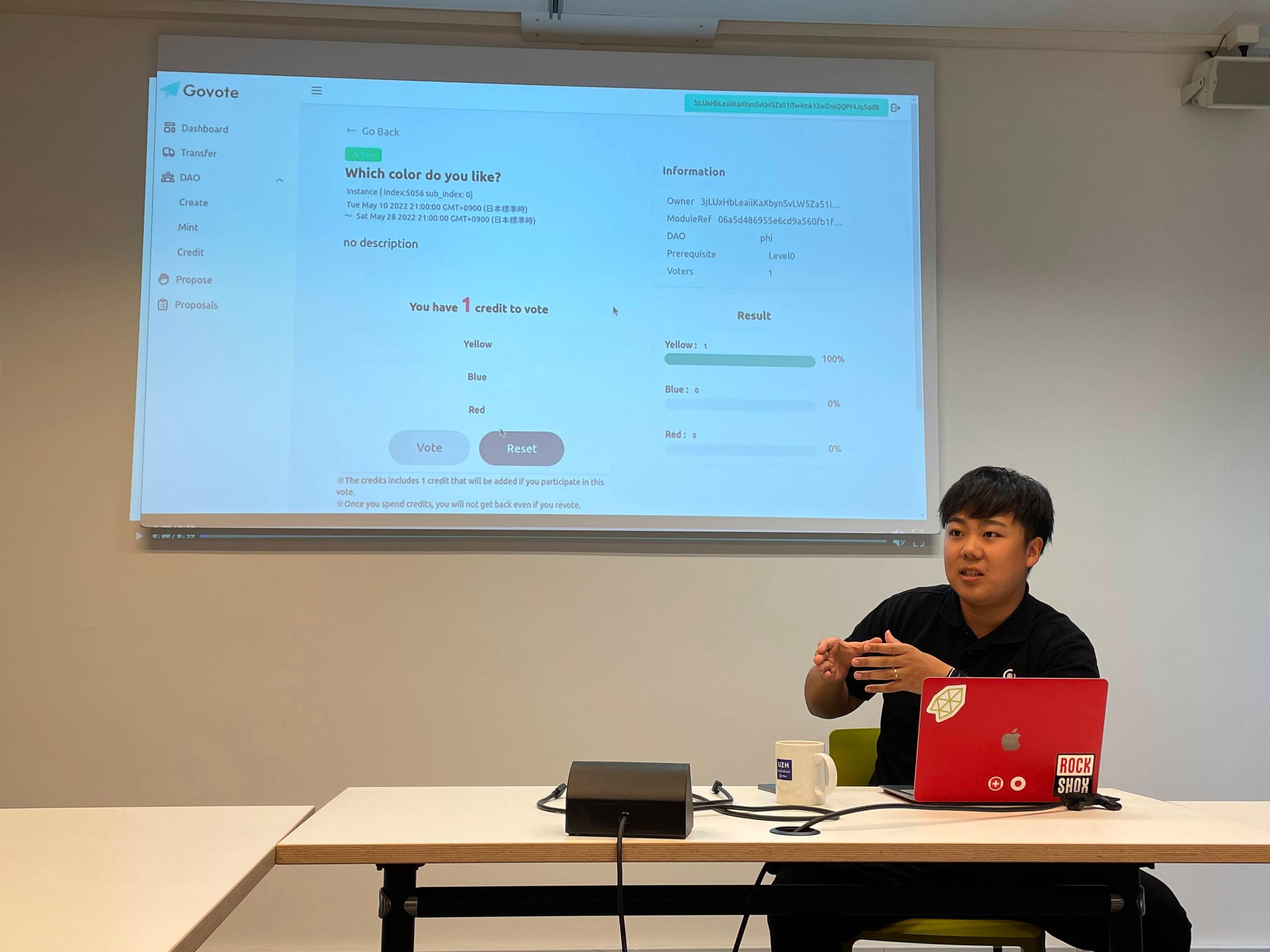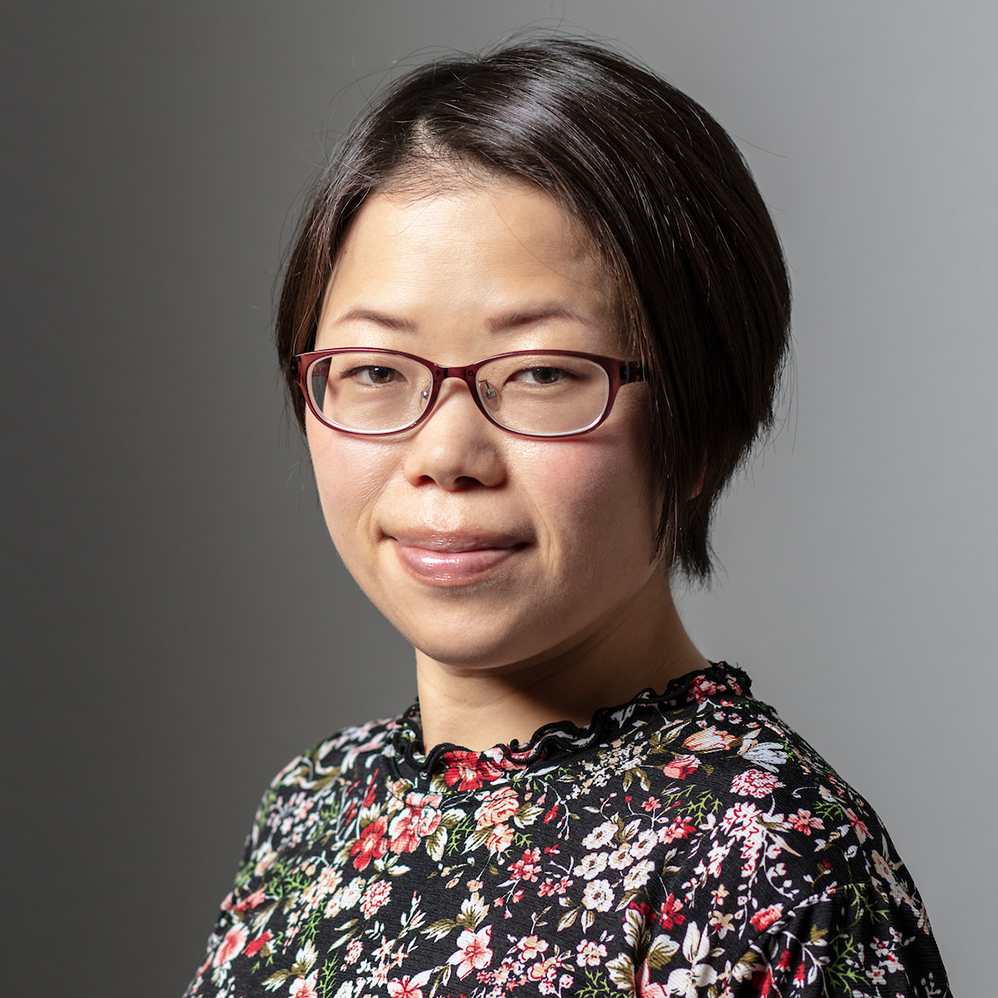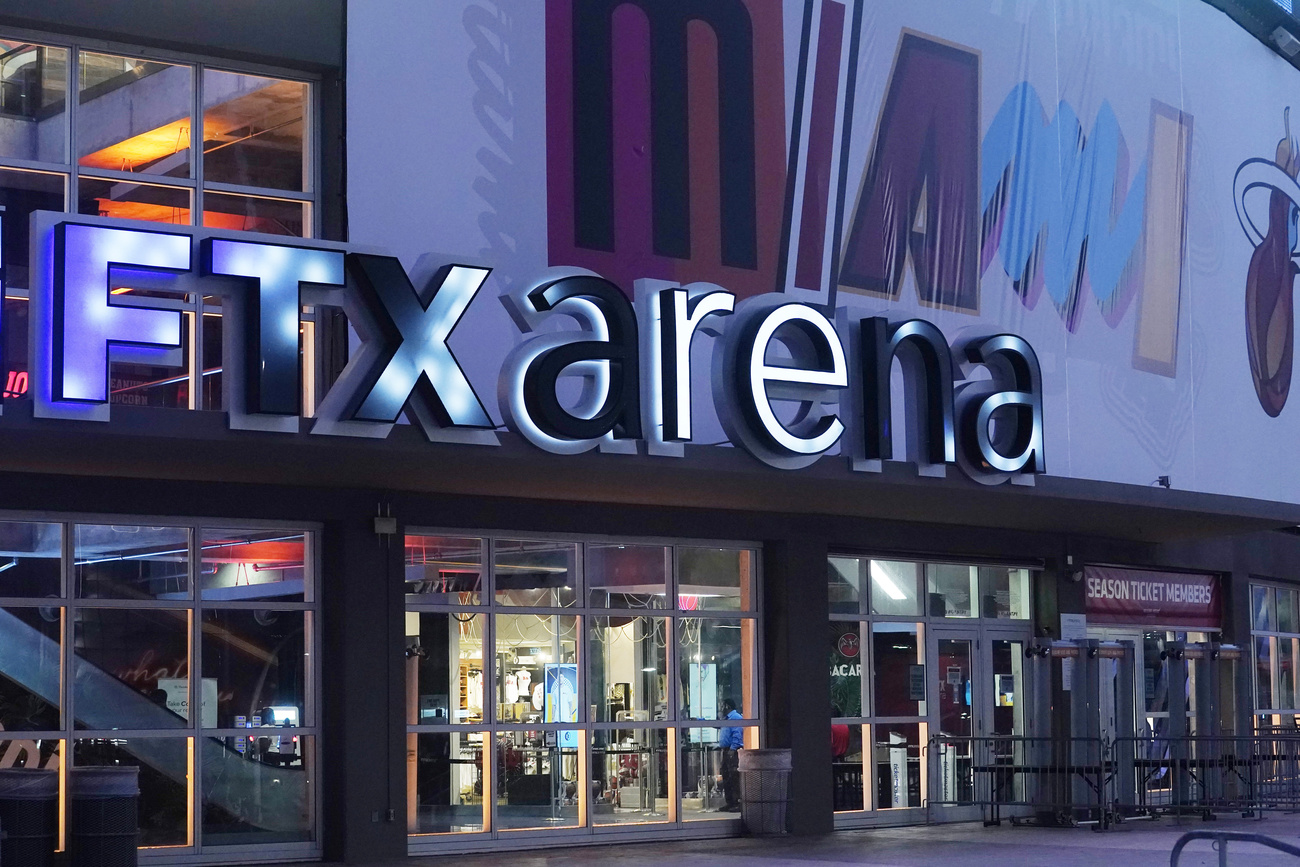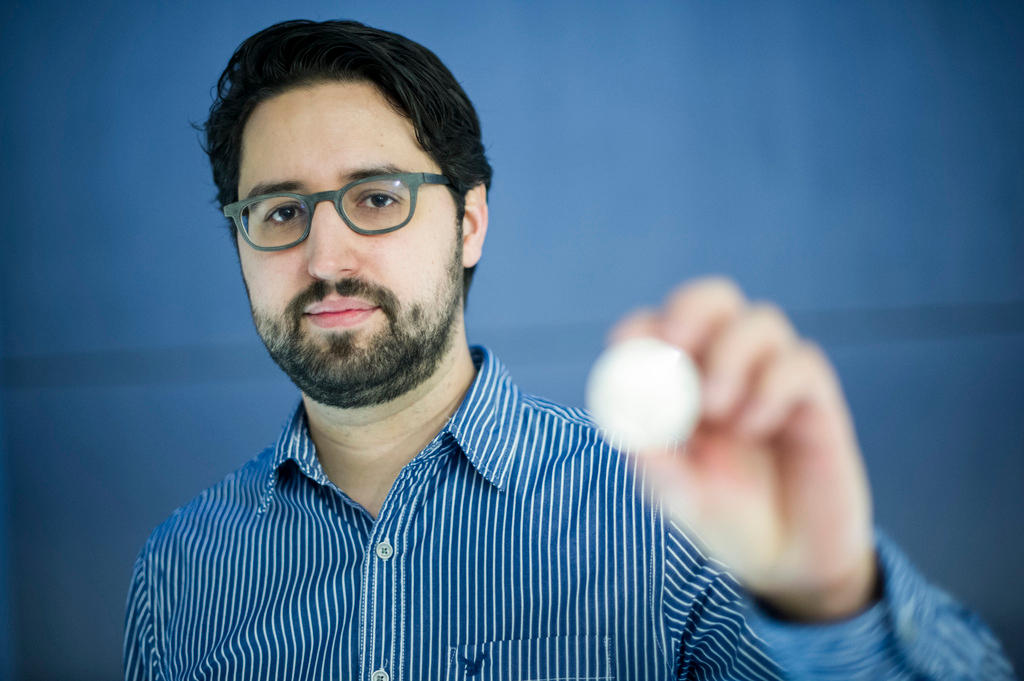Japanese Web3 start-ups expand into neutral Switzerland

The next generation blockchain-powered internet, known as Web3, is a growth area for start-ups. In the race to attract the hottest new companies, Switzerland faces strong competition from the likes of Dubai and Singapore. We asked two Japanese start-ups why they chose Switzerland.
Overlay, launched by Takashi Oka, combines privacy and accountability. It supports the creation of the Decentralised Autonomous Organisations (DAO) – a digital system that allows groups of people, spread around the world, to control a company.
DAOs issue digital tokens, resembling cryptocurrencies, to fund their activities. The tokens also grant holders membership of the DAO and voting rights, replacing the concentrated decision-making powers of managers and boards of directors.
It is also possible to recruit new DAO members via social media channels such as Twitter. But Twitter doesn’t enforce Know Your Customer (KYC) rules, which are critical in the fight against money laundering. Overlay leverages an identity management platform from the Zug-headquartered Concordium blockchain to verify identities while preserving anonymity.
Oka explains why Overlay was registered in the Swiss canton of Zug at the end of August. “DAOs are characterised as being borderless networks, which fits well with the Swiss characteristic of neutrality,” he said.
He also considered Singapore, where life is easier for Asians, but decided against it because “it’s a centralised state where regulations are getting stricter all the time”.
As Oka went through the incorporation process, he also noticed other benefits. When he explained the project to Swiss investors, they immediately understood what he was talking about and asked him reasonable questions. “In Japan, I would first have to explain what blockchain is,” he said. “In Switzerland, investors are very well informed and communication with them is smooth.”
Swiss neutrality
Mai Fujimoto, who founded her company Ryodan Systems in Lucerne in May 2021, staked out other cantons before deciding where to start her business in Switzerland. The best location was Lucerne, an urban centre surrounded by lakes and mountains.

“I didn’t want to start just a business on paper, I wanted a nice place. There’s a lot of nature to be experienced and the lake or a hike in the mountains for distraction.”
Ryodan Systems employs so-called Zero Knowledge (ZK) Rollup technology that enables mass transactions of the cryptocurrency Ethereum. As the transaction volume increases, the huge amount of data runs into logjams on the Ethereum blockchain, resulting in delays and higher transaction fees. To solve this scalability issue, some transactions are processed off-grid and entered on the blockchain in later batches.
This speeding up process is assisted by ZK Rollup technology to ensure that privacy is preserved. Transactions can be smoothly performed without publishing private data such as cryptocurrency balances.
Switzerland’s neutrality is also important to Fujimoto given the uncertain geopolitical landscape, including the growing antagonism between the United States and China. Switzerland’s federal political structure and direct democracy also fit with the decentralised philosophy of blockchain. A central European location also affords easy access to a range of neighbouring countries, Fujimoto said.
Japanese challenges
Both entrepreneurs cite two further key reasons for setting up outside of Japan. Cryptocurrency transactions and their conversion into yen attracts a 55% tax in Japan, and companies are also taxed annually on the market value of their tokenised assets (the Japanese government is considering whether to revise these rules).
Regulation is also prohibitively strict in Japan. Obtaining token issuance licences is complicated and Japan’s crypto law, introduced in 2017, places such an emphasis on consumer protection that it is difficult for start-ups to grow.
Switzerland introduced its blockchain law in 2021 with the goal of becoming a leading global hub for the blockchain industry. This allows tokenisation of not only financial transactions, but also of securities, from company shares to works of art. “It is also important that in Zug and Lugano, taxes and public service bills can be paid with cryptocurrencies,” said Fujimoto.
Switzerland is geared up to financial technology and there are many people in the Alpine state familiar with blockchain concepts, according to Oka and Fujimoto.
‘Crypto Nation’
Switzerland also stands to gain by attracting start-ups from different parts of the world. The Alpine state is positioning itself as a preferred global hub for the blockchain sector, and brands itself as “Crypto Nation”.
Emi Lorincz, president of the Crypto Valley Association, says “95% of blockchain companies in Switzerland are in the financial services space”, with some gaming and e-sports firms and only a few that specialise in Web3.
“Switzerland lacks skilled developers,” Lorincz said. “Attracting start-ups from developed countries like Japan will boost Switzerland’s advantage by creating more diversity in the blockchain industry.”
Edited and translated by Mathew Allen

In compliance with the JTI standards
More: SWI swissinfo.ch certified by the Journalism Trust Initiative
















You can find an overview of ongoing debates with our journalists here . Please join us!
If you want to start a conversation about a topic raised in this article or want to report factual errors, email us at english@swissinfo.ch.